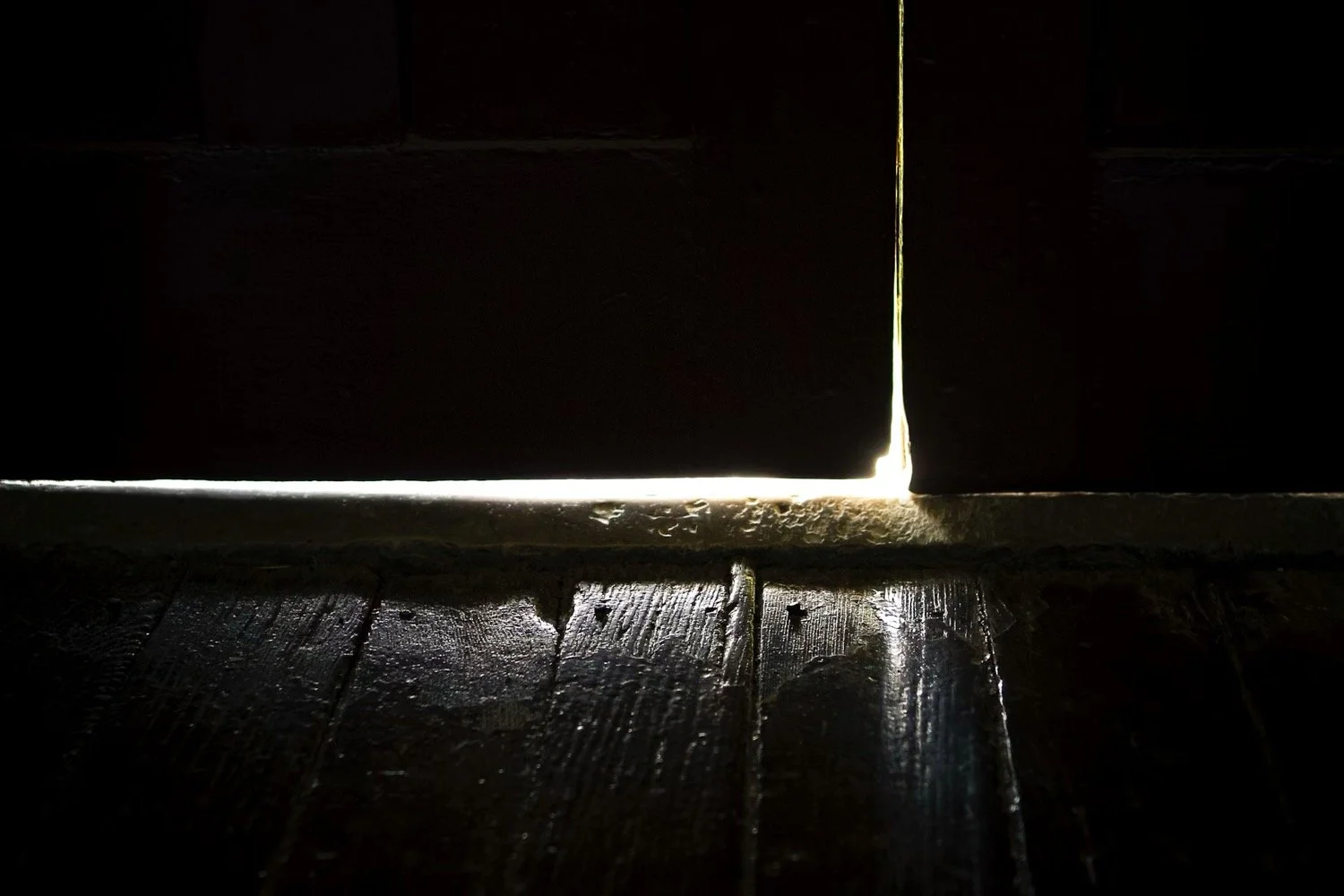Readings for today: Genesis 8-9, Psalms 12
We aren’t even nine chapters into the Bible and already humanity is a train wreck. Violence. Oppression. Brutality. Their evil is so great that God regrets having made them in the first place. Take a moment and imagine the grief of God? Imagine His disappointment at what the creature made in His own image has become? Imagine the heartbreak of God as He realizes humanity has reached a point of no return? The future of creation itself is at stake unless God acts. So God takes the extraordinary step of flooding the earth. Now whether the flood truly covered the entire earth or was localized to the area where humanity lived at the time is immaterial. The point here is the evil of humanity was so great that God’s justice required Him to give them the death penalty. It’s a stark reminder of how deep our sin runs.
Thankfully, all is not lost. Noah and his family find favor with God and are saved. They are delivered from the flood and, in turn, become deliverers themselves. Through their faithfulness, many species of animals and birds are saved. And once the floodwaters recede, they are able to repopulate the earth. It’s an act of re-creation. God has remade the earth. By sending the flood, the earth became “formless and void” once again while the Spirit of God “hovered over the face of the waters.” Once the waters evaporate and Noah disembarks, he is greeted with a new kind of Eden. An earth that has been profoundly reshaped. And once again, God renews the original mandate He gave to Adam. “God blessed Noah and his sons: He said, “Prosper! Reproduce! Fill the Earth! Every living creature—birds, animals, fish—will fall under your spell and be afraid of you. You’re responsible for them. All living creatures are yours for food; just as I gave you the plants, now I give you everything else. Except for meat with its lifeblood still in it—don’t eat that.” (Genesis 9:1-4 MSG)
God has called us to be stewards of all He has made. There is no “Plan B.” There is no backup if we should fail. God has determined to work in us and through us to cultivate and nourish creation. He has determined to work in us and through us to bring about His plan of salvation. He has determined to work in us and through us to bring blessing and peace upon the earth. We are responsible. Like it or not, we hold dominion and authority over all God has made. And God will hold us accountable for how we exercise such authority. Will we be tyrants? Oppressors? Exploiting others for personal gain? Or will we be servants? Liberators? Caring for and sharing the resources God has given us so all might flourish and thrive?
This is our challenge, friends. How will others experience you today? How will you steward the resources God has given you? Resources of time, talent, and treasure? Will you work today for your own gain or for the gain of others? Will you seek today your own good or the good of others? Will you resist the temptation to tear others down and instead do your best to build them up? Will you be an encourager? A man or woman of blessing? Someone who is generous and kind and gentle? Will you lift up those who have fallen? Pray for those who are hurting? Help bear the burdens of those who are struggling? Every day we have opportunities. Every day we make choices. Every day we have the chance to fulfill the mandate God has given us and help make the world a better place.
Readings for tomorrow: Genesis 10-11




